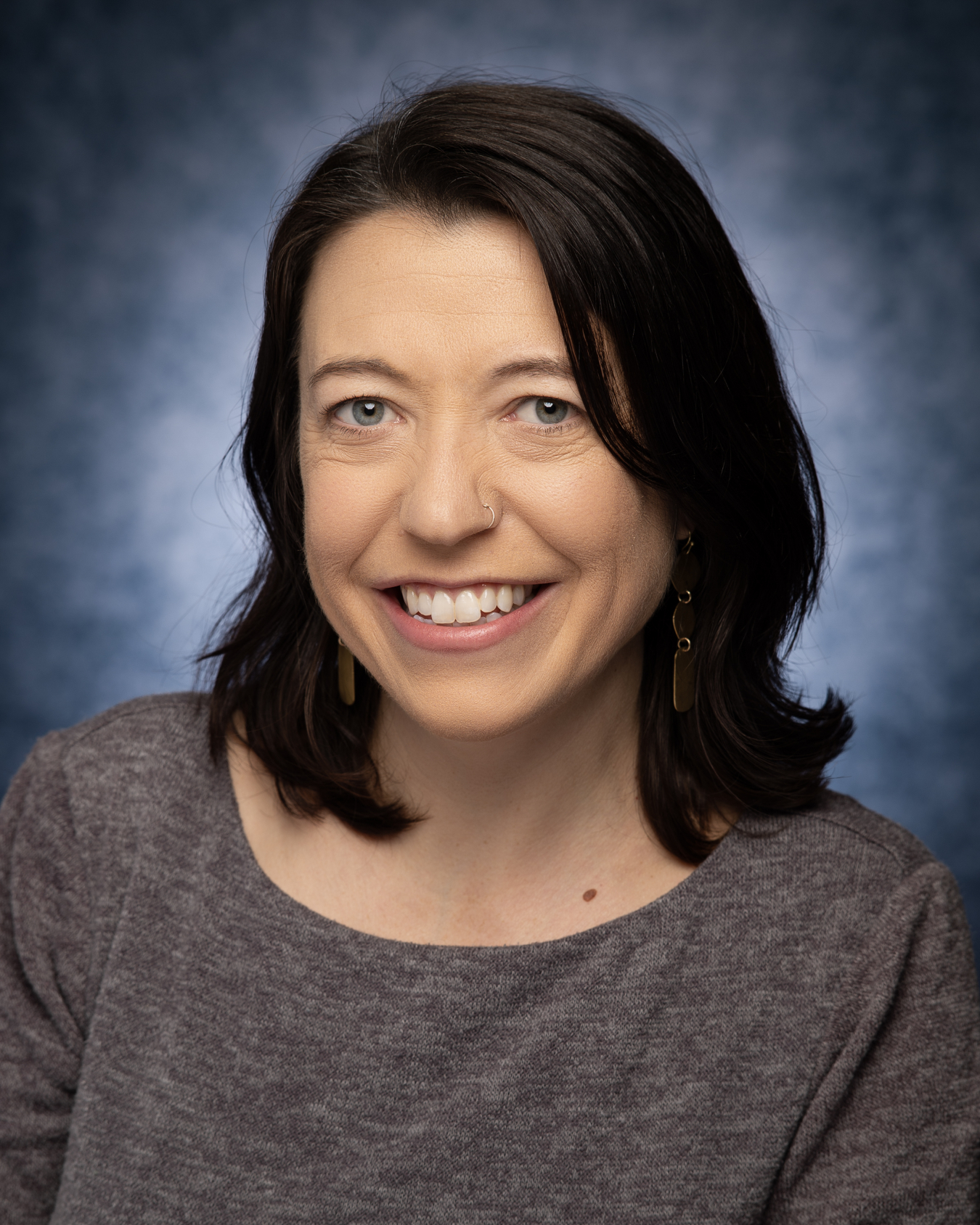Computer science education is more important than ever -- learn what the Energy Department is doing to promote computer science learning.
December 9, 2020
With the ever-increasing reliance we all have on digital systems and cybersecurity in our daily and professional lives, there’s no doubt preparing the cyber workforce of tomorrow needs to be done today.
This week, Dec. 7-11, is Computer Science Education Week, the nation’s annual spotlight on inspiring students to explore computer science skill-building and career pathways through educational outreach.
Computer Science Education Week is aimed at inspiring students to discover computer science activities and careers, and our National Laboratories are scheduled to host a number of activities to highlight The Department of Energy’s efforts, including increasing access to computer science education, building computational literacy, and growing the cyber workforce of the future.
From the National CyberForce Competition™ to summer coding camps to Hour of Code activities in the (virtual) classroom, DOE does its part to ensure we’re celebrating Computer Science Education Week while also offering robust and results-driven computer science experiential learning opportunities throughout the year.
This year, Argonne National Laboratory, based outside of Chicago, partnered with the Chicago Public Schools’ Office of Computer Science to run sessions for high school students, including a tour of the Lab’s visualization lab last week. This is the Lab’s fifth year of running Hour of Code activities for #CSEdWeek, and they are adapting to the times by running virtual visits to Chicago Public School classrooms as well as schools in the surrounding community. Staff from DOE’s Fermilab are also partnering with Argonne National Laboratory for these classroom conversations.
In New Mexico, Sandia National Laboratories and Los Alamos National Laboratory partnered to offer virtual classroom visits, supporting nearly 80 classrooms with 45 STEM professionals from the Labs. Here’s a little snapshot of the appreciation from one classroom who received an Hour of Code lesson from a Los Alamos National Laboratory volunteer.
If you’re an educator, make sure to check out the ORISE contest this month and share your idea or activity that teaches computer science without the use of technology. Three randomly selected teachers will receive a GoPro Bundle from the Oak Ridge Institute for Science and Education.
And, during Computer Science Education Week, Pacific Northwest National Laboratory staff are supporting the local chapter of the Computer Science Teachers’ Association’s free Virtual Family Hour of Code events offered every evening this week. Find more info here: https://midcolumbia.csteachers.org/
For more resources on computer science STEM learning, visit our STEM Rising website today.
AnneMarie Horowitz

AnneMarie Horowitz is the Chief of Staff for the Arctic Energy Office. She joined the Arctic Energy Office in May 2023. AnneMarie has been with the Energy Department since 2010, and was previously on the digital team of the Office of Public Affairs, where she managed digital projects and internal employee communications efforts. AnneMarie was the Digital Communications Manager from March 2023 - September 2023 for the Department of Health and Human Affairs' Public Education Campaign, We Can Do This, to share information about the COVID vaccine.
From 2015 - 2017 she served as the Special Advisor on workforce issues for Deputy Secretary of Energy Dr. Elizabeth Sherwood-Randall. She has also previously worked in the Under Secretary for Management and Performance and in the Office of Minority Economic Impact.
AnneMarie has a BA in Political Science from the University of Portland and a Masters of Government from Johns Hopkins University.


